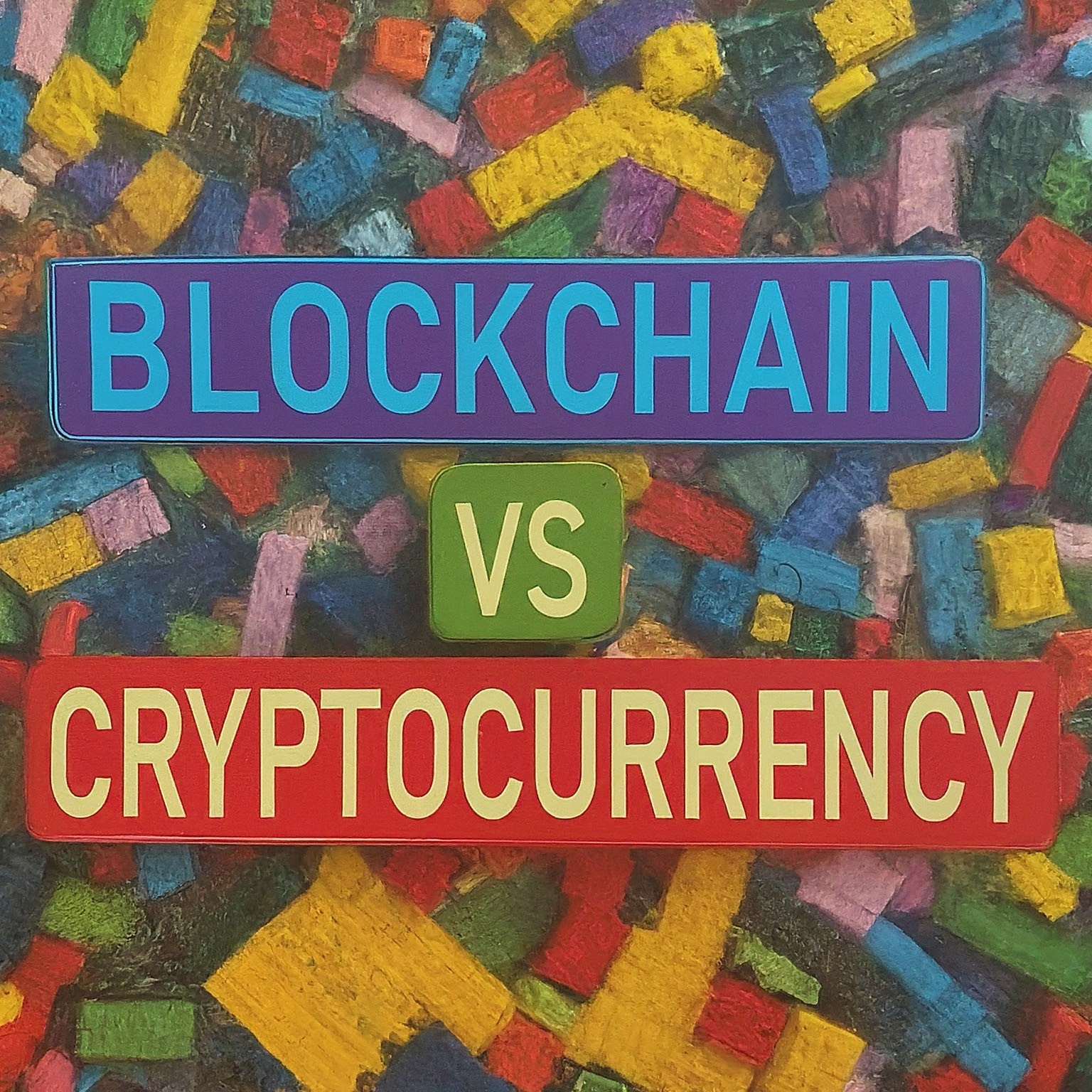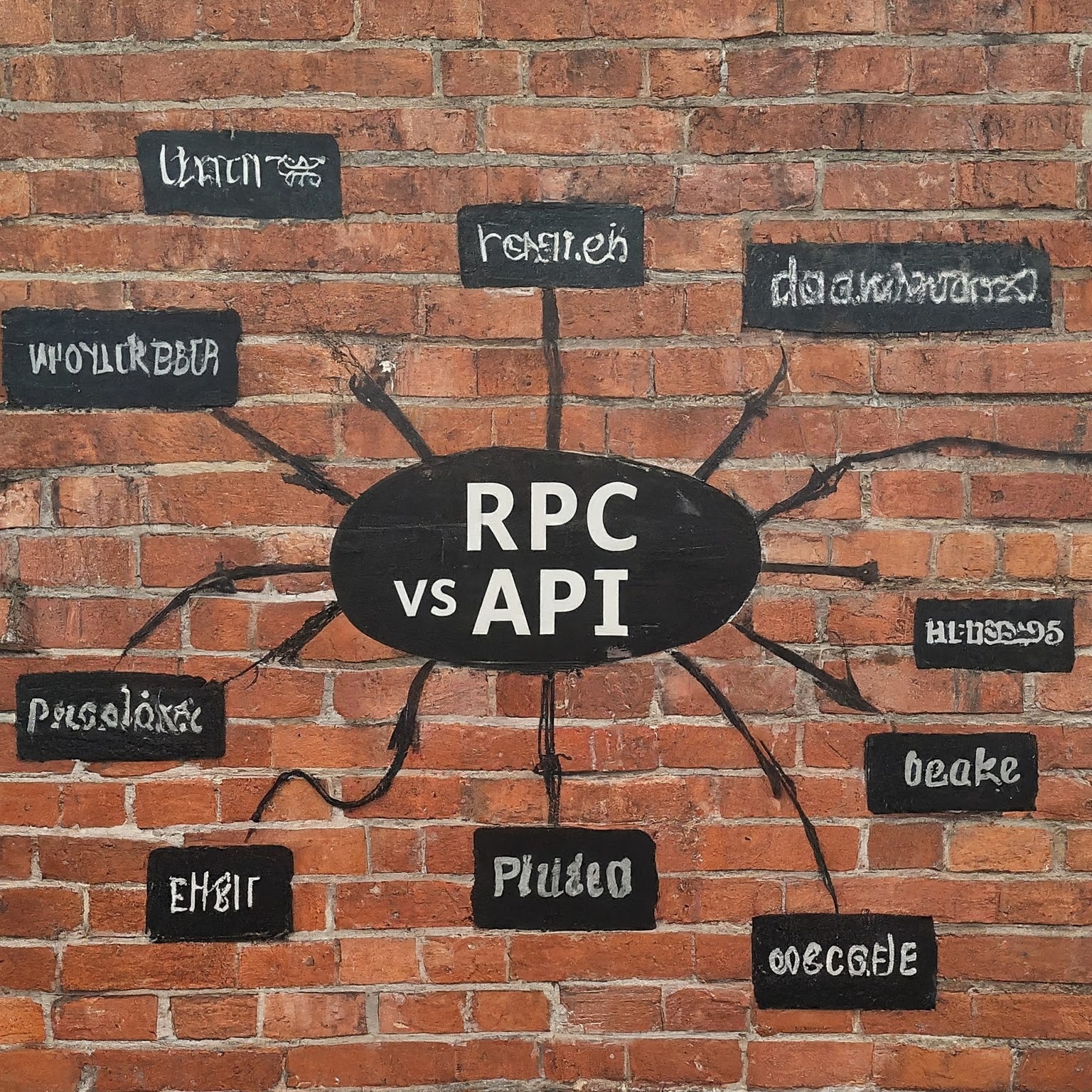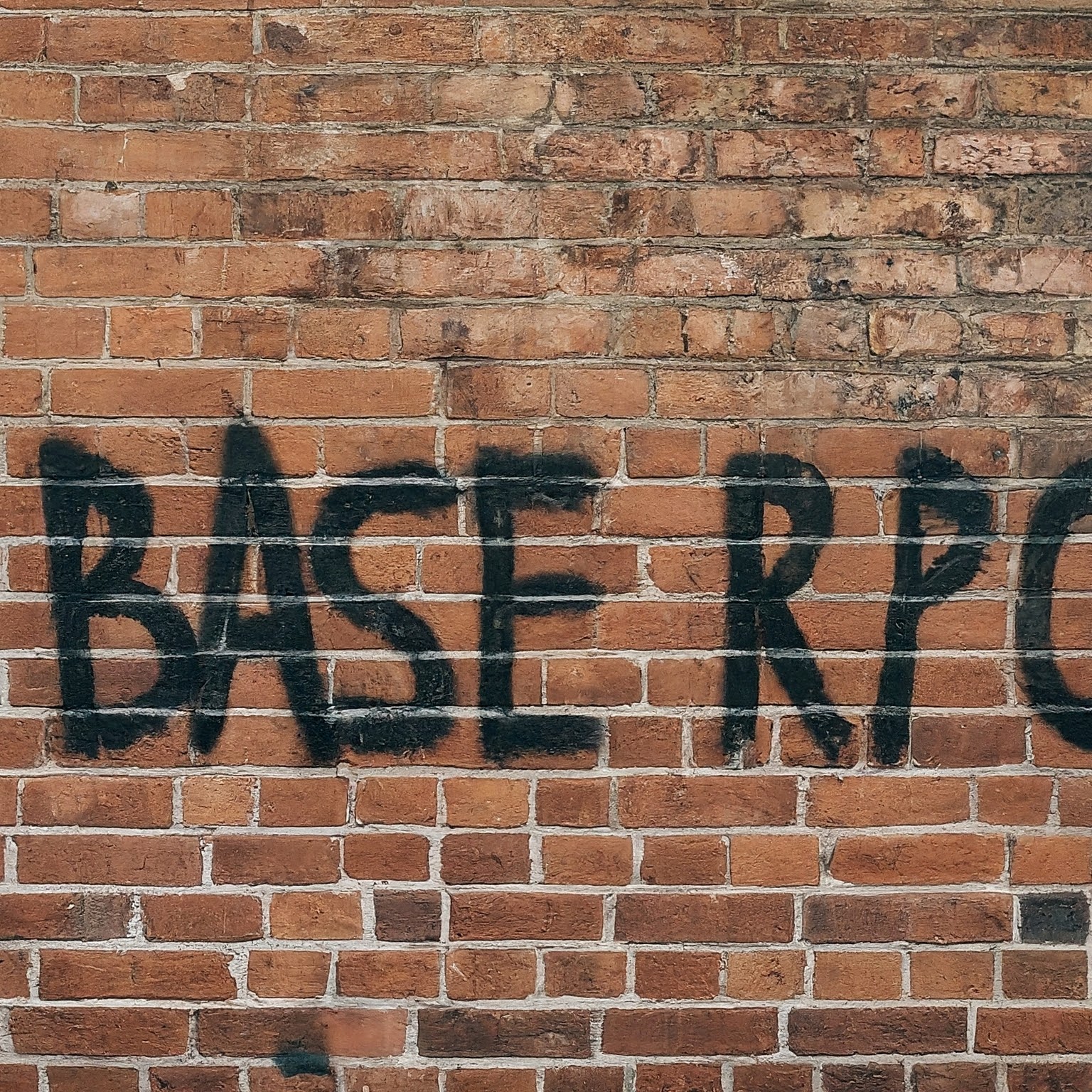Blockchain and cryptocurrency are two terms that are often used interchangeably, but they are not the same thing. While they are closely related and often go hand in hand, they have distinct characteristics and functions. In this article, we will explore the differences and similarities between blockchain and cryptocurrency, and answer some frequently asked questions about these technologies.
What is Blockchain?
Blockchain is a decentralized digital ledger that records transactions across multiple computers or nodes. It is a distributed and transparent system that ensures the integrity of data and prevents tampering. In simple terms, it is a chain of blocks, where each block contains a set of data and is linked to the previous block using cryptographic techniques.
Blockchain technology enables secure and transparent transactions without the need for intermediaries, such as banks or governments. It relies on consensus mechanisms, where all participants in the network agree on the validity of transactions. Once a transaction is recorded on the blockchain, it is almost impossible to alter or erase.
Blockchain has a wide range of applications beyond cryptocurrency, including supply chain management, healthcare, voting systems, and more. It provides an immutable and transparent record of transactions, which enhances efficiency, transparency, and trust in various industries.
What is Cryptocurrency?
Cryptocurrency is a digital or virtual form of currency that uses cryptography for security. It is built on blockchain technology and operates independently of traditional financial systems. Cryptocurrencies are decentralized and rely on cryptographic techniques to secure transactions and control the creation of new units.
The most well-known and widely used cryptocurrency is Bitcoin, which was created in 2009. Bitcoin paved the way for the development of numerous other cryptocurrencies, often referred to as altcoins. Each cryptocurrency has its own unique set of features and characteristics, but they all share the common goal of providing an alternative form of digital currency.
Cryptocurrencies enable peer-to-peer transactions without the need for intermediaries. Transactions are recorded on the blockchain, ensuring transparency and security. Cryptocurrencies also allow for the creation of smart contracts, which are self-executing agreements that automatically fulfill certain conditions.
Key Differences Between Blockchain and Cryptocurrency
Although blockchain and cryptocurrency are closely related, there are key differences between the two:
- Technology vs Currency: Blockchain is a technology that enables secure and transparent transactions, while cryptocurrency is a digital form of currency built on blockchain technology. Blockchain can be used for various purposes beyond cryptocurrency, whereas cryptocurrency relies on blockchain for its operation.
- Centralization vs Decentralization: While blockchain is known for its decentralized nature, not all cryptocurrencies are decentralized. Some cryptocurrencies, such as centralized stablecoins, are controlled by a central authority. However, many cryptocurrencies, like Bitcoin, strive for decentralization, where no single entity has control over the network.
- Functionality: Blockchain serves as a distributed ledger and provides a platform for recording and verifying transactions. It ensures transparency, immutability, and security. Cryptocurrency, on the other hand, is used as a medium of exchange and store of value. It allows for peer-to-peer transactions, independent of traditional financial systems.
- Volatile vs Stable Value: Cryptocurrencies are known for their price volatility. The value of cryptocurrencies can fluctuate significantly within short periods of time. Blockchain, on the other hand, does not possess any inherent value and is not subject to price fluctuations.
- Regulation: While blockchain technology itself is not regulated, cryptocurrencies are subject to varying degrees of regulation around the world. Governments and regulatory bodies have different stances towards cryptocurrencies, ranging from complete bans to embracing them as legitimate financial instruments.
Similarities Between Blockchain and Cryptocurrency
Although blockchain and cryptocurrency have distinct characteristics, they also share some similarities:
- Built on Cryptography: Both blockchain and cryptocurrency rely on cryptographic techniques for security. Encryption algorithms are used to secure transactions and wallets, ensuring the integrity and privacy of the data.
- Decentralization: Although not all cryptocurrencies are decentralized, the concept of decentralization is core to both blockchain and cryptocurrency. The idea of removing intermediaries and enabling peer-to-peer transactions is a common goal shared by both technologies.
- Transparent Transactions: Both blockchain and cryptocurrency provide transparency in transactions. Blockchain records all transactions on a public ledger, allowing anyone to view the transaction history. Cryptocurrencies also offer transparency, as transaction details are stored on the blockchain.
- Security: Both blockchain and cryptocurrency provide security features. Blockchain ensures the integrity of data through cryptographic hashing and consensus mechanisms, while cryptocurrencies use cryptography to secure transactions and wallets.
Conclusion
While blockchain and cryptocurrency are closely related, they serve different purposes and have distinct characteristics. Blockchain is a technology that enables secure and transparent transactions, while cryptocurrency is a form of digital currency built on blockchain technology. Understanding the differences and similarities between the two is essential for grasping the full potential and implications of these technologies in various industries.
FAQ
1. Can blockchain exist without cryptocurrency?
Yes, blockchain can exist without cryptocurrency. Blockchain technology can be used for various purposes, such as supply chain management, identity verification, healthcare records, and more. Cryptocurrency is just one application of blockchain technology.
2. Can cryptocurrency exist without blockchain?
Cryptocurrency cannot exist without blockchain. Blockchain technology provides the decentralized and secure platform necessary for cryptocurrencies to operate. Cryptocurrencies rely on the blockchain to record transactions and ensure their validity.
3. Is Bitcoin the only cryptocurrency?
No, Bitcoin is not the only cryptocurrency. Bitcoin was the first cryptocurrency to be created, but since then, numerous other cryptocurrencies have been developed. These include Ethereum, Ripple, Litecoin, Bitcoin Cash, and many more. Each cryptocurrency has its own unique features and use cases.
4. How can I invest in blockchain or cryptocurrency?
Investing in blockchain and cryptocurrency can be done through various means. You can buy cryptocurrencies from cryptocurrency exchanges, where you can trade digital currencies for traditional fiat currencies. Additionally, you can invest in blockchain technology companies through stocks or venture capital investments. It is important to do thorough research and seek advice from financial professionals before making any investment decisions.












Leave a Reply
You must be logged in to post a comment.